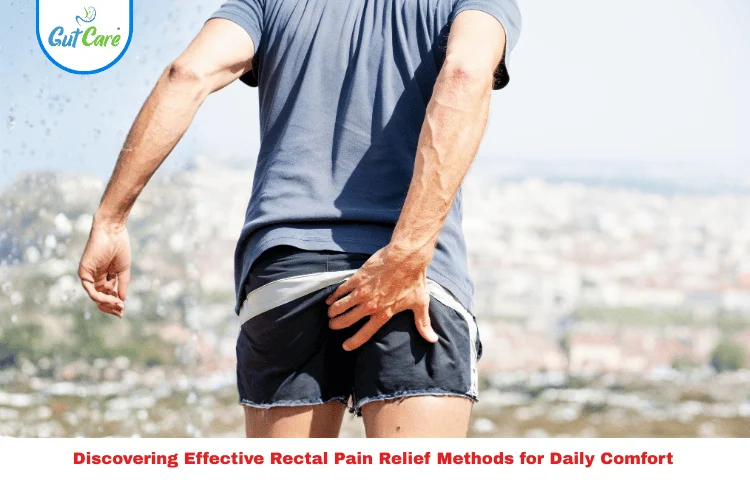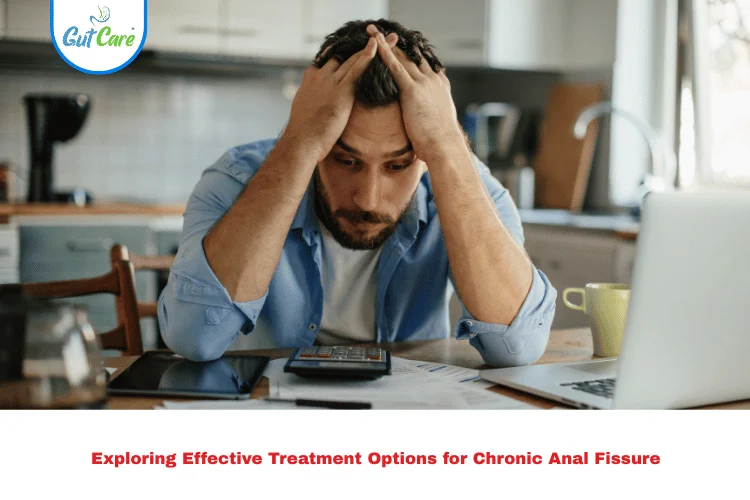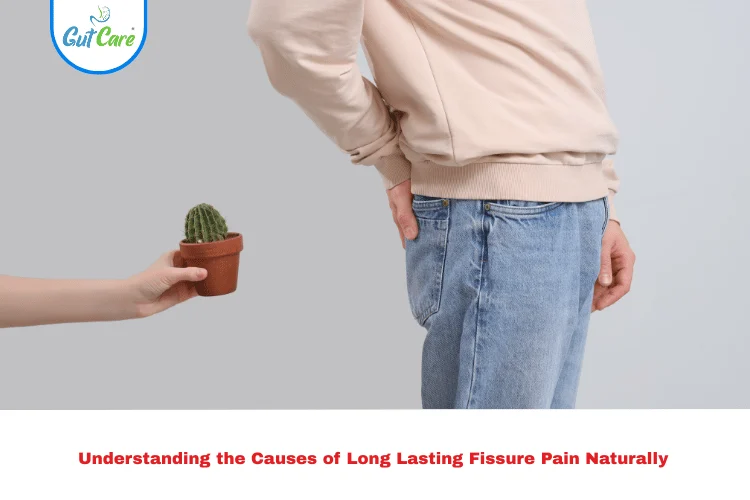Laser vs. sphincterotomy are two popular fissure operation techniques for treating chronic anal fissures. At GutCare Clinics in Bangalore, these procedures are provided using advanced technology under the guidance of skilled proctologist Dr. Yuvrajsingh Gehlot. If you’re suffering with painful bowel movements, bleeding, or recurring anal discomfort, this guide will help you understand which procedure — Laser vs. Sphincterotomy — is most suitable for your needs.
Laser surgery provides a minimally invasive, quick-recovery solution, while sphincterotomy is the gold standard for deep or long-standing fissures. Both options’ goal is to relieve pain, promote healing, and prevent recurrence.
Understanding Fissure Surgery: What You Need to Know
Anal fissures are small tears in the lining of the anus, usually caused by trauma from hard stools, constipation, or inflammation.Surgery might be necessary if these tears don’t heal with medicine or on their own.
Your fissure specialist, who is typically a proctologist or anal fissure specialist, may now suggest one of two surgical options:
- Laser Fissure Surgery: Minimally invasive and ideal for fast recovery
- Lateral Internal Sphincterotomy (LIS): Traditional surgery with high success rates
Both are offered at GutCare Clinics in Bangalore, which uses the latest technology for fissure operations to ensure safety, precision, and patient comfort.
Laser Treatment for Fissure: A Modern Approach
Laser treatment uses focused laser energy to precisely remove damaged tissue, relax the sphincter, and enhance healing — all with minimal trauma.
How it works:
- Local or spinal anesthesia is given.
- A laser probe is directed at the fissure site.
- The laser cauterizes and sterilizes the area.
- No sutures are needed; recovery starts immediately.
Key Benefits:
- No cuts or stitches
- Daycare procedure (discharge same day)
- Low pain and bleeding risk
- Quick recovery (2–4 days)
- Very low recurrence
Laser treatment is popular among patients looking for a non-invasive, low-downtime solution.Proctologists and fissure specialists with advanced training in laser techniques perform it.
Lateral Internal Sphincterotomy (LIS): The Gold Standard
LIS involves a small incision in the internal anal sphincter muscle to reduce pressure, allowing the fissure to heal.
How it works:
- Performed under anesthesia (local/spinal/general).
- A tiny cut is made in the internal sphincter.
- This improves blood flow to the fissure site and lowers anal pressure.
- Within days, healing starts on its own.
Key Benefits:
- 95–97% success rate after testing
- Good for deep, recurrent, or chronic fissures
- Long-term, faster relief
- More time to recover (5–10 days)
While slightly more invasive than laser surgery, LIS is often the best option for patients with complex or long-standing fissures.
Laser vs. Sphincterotomy: Side-by-Side Comparison
| Feature | Laser Treatment | Lateral Internal Sphincterotomy |
| Invasiveness | Minimally invasive | Minor surgical incision |
| Anesthesia | Local or spinal | Local, spinal, or general |
| Recovery Time | 2–4 days | 5–10 days |
| Pain After Surgery | Minimal | Mild to moderate |
| Hospital Stay | Same-day discharge | Same-day or overnight stay |
| Recurrence Rate | Very low | Very low |
| Ideal for | Mild to moderate fissures | Severe or chronic fissures |
| Cost | Slightly higher | More affordable |
| Scar Formation | No visible scarring | Internal, minor scarring |
Which Fissure Treatment Should You Choose?
Here’s how to decide what’s best for you:
Choose Laser Treatment if:
You prefer a non-invasive option.
You need quick recovery with minimal pain.
Your fissure is mild to moderate.
Choose LIS if:
- Your fissure is deep or has been recurring for months.
- Other treatments (creams, diet changes) have failed.
- You’re looking for a long-term solution.
Consulting with an experienced fissure specialist like Dr. Yuvrajsingh Gehlot is key to making the right choice. He’ll assess the severity of your condition, review your medical history, and recommend the best treatment at GutCare Clinics in Bangalore.
Recovery and Pain Management: What to Expect
Both procedures are designed to minimize discomfort. Here’s what pain management typically looks like:
Anesthesia:
- Local or spinal anesthesia is used for both procedures.
- Ensures no pain is felt during surgery.
Aftercare:
- Painkillers for 2–3 days post-surgery
- Sitz baths (twice daily)
- Stool softeners and high-fiber diet
- Avoiding constipation and straining
Most patients return to work within 3–5 days after laser treatment and about a week after LIS.
Why Choose GutCare Clinics in Bangalore?
GutCare Clinics offers both laser and LIS procedures using advanced surgical technology for fissure operations. Here’s why it’s one of the best places for fissure care:
Led by Dr. Yuvrajsingh Gehlot, a highly experienced proctologist doctor and best doctor for fissure in Bangalore
- Specializes in laser treatment for fissures
- One of the few centers offering complete daycare procedures
- State-of-the-art operating rooms and dedicated post-op care
- Personalized treatment plans for every patient
If you’re searching for a proctologist or anal fissure specialist near you, GutCare Clinics ensures you’re in expert hands.
Conclusion: Make the Right Choice for Your Healing
When it comes to fissure surgery, both laser treatment and sphincterotomy are excellent options, but the best procedure depends on your condition and lifestyle. A consultation with a trusted fissure doctor at GutCare Clinics in Bangalore will provide clarity and comfort.
By using the latest technology for fissure operation in Bangalore, GutCare ensures you experience minimal discomfort, shorter recovery, and long-term relief.
Top 5 FAQs
1. Which is better: laser or sphincterotomy for fissures?
Laser is less invasive and suitable for mild cases. Sphincterotomy is more effective for chronic fissures.
2. Who is the best doctor for fissure surgery in Bangalore?
Dr. Yuvrajsingh Gehlot is a highly recommended fissure specialist and proctologist at GutCare Clinics Bangalore.
3. Is laser surgery painful?
Laser fissure surgery is virtually painless, and post-op discomfort is minimal.
4. How long is recovery after fissure surgery?
Laser: 2–4 days. LIS: 5–10 days. Full healing may take a few weeks.
5. Why choose GutCare Clinics in Bangalore?
Expert care from Dr. Yuvrajsingh Gehlot, latest technology, daycare procedures, and high patient satisfaction rates.




